Politics
Pedro Sanchez, Spain’s PM dissolves Parliament and calls for national elections
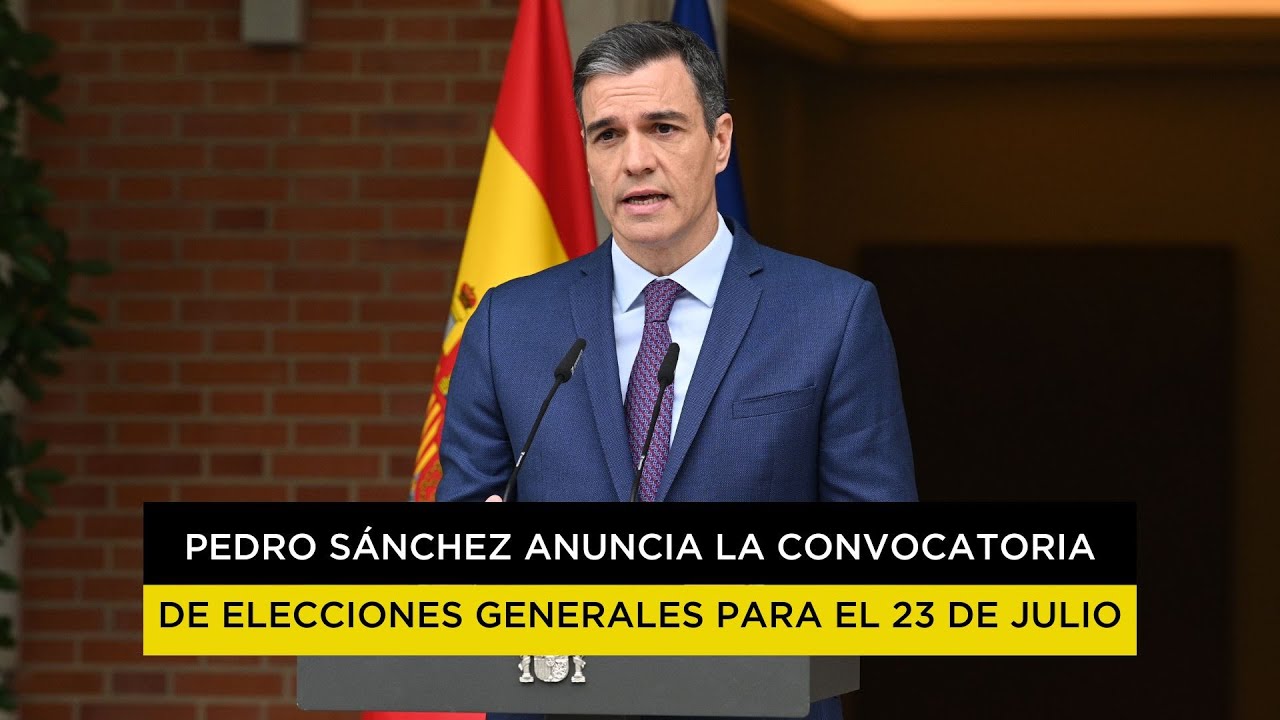
According to EL MUNDO, the scale of the defeat and the loss of socialist territorial power have forced the president of the government to “assume the defeat in the first person”. The president summons and forces progressives to decide whether to mobilise to prevent a PP-Vox government, or go massively to the voting date and maintain a socialist government at national level.
Institutional statement by the President of the Spain Government calling for new national elections.
Good morning, I will be brief and I will also try to be very clear.
I have just had a meeting with His Majesty the King, in which I have informed the Head of State of the decision to call a Council of Ministers this very afternoon to dissolve the Cortes and proceed to call general elections, using the prerogative attributed to the President of the Government by the Constitution.
The formal call for the elections will be published tomorrow, Tuesday, in the Official State Gazette, so that the elections will be held on Sunday 23 July, in accordance with the deadlines established by law.
I have taken this decision in view of the results of yesterday’s elections.
The first consequence of these results will be that magnificent regional presidents and socialist mayors will be displaced with impeccable management. And this is despite the fact that many of them have seen their support increase yesterday.
The second consequence will be that many institutions will be administered by new majorities formed by the Popular Party and VOX.
And although yesterday’s votes were municipal and regional in scope, the sense of the vote sends a message that goes beyond that.
And that is why, as President of the Government, and also as Secretary General of the Socialist Party, I take the results personally and I believe it is necessary to respond and submit our democratic mandate to the will of the people.
Spain is on the verge of overcoming a period of crisis resulting from the emergence of Covid-19, and also from the war in Ukraine. We are on a clear path of growth, job creation and social cohesion. And at this point in the legislature, the Government has pushed ahead with the major reforms committed to in the investiture speech, in the government programme and also in our agreement with the European Commission.
Furthermore, our country is about to take on a very important responsibility in this geopolitical context that Europe is experiencing, and that is the rotating Presidency of the Council of the European Union.
All these reasons, I believe, make it advisable to clarify the will of the Spanish people. A clarification of the policies that the Government of the Nation must apply and a clarification of the political forces that must lead this phase.
There is only one infallible method to resolve these doubts. That method is democracy and, therefore, I believe that the best thing is for Spaniards to take the floor, to speak out without delay in order to define the political direction of the country.
Thank you very much.
You can watch the statment in Spanish below
Politics
The Russian patriarch to Putin: You are the first truly Orthodox president
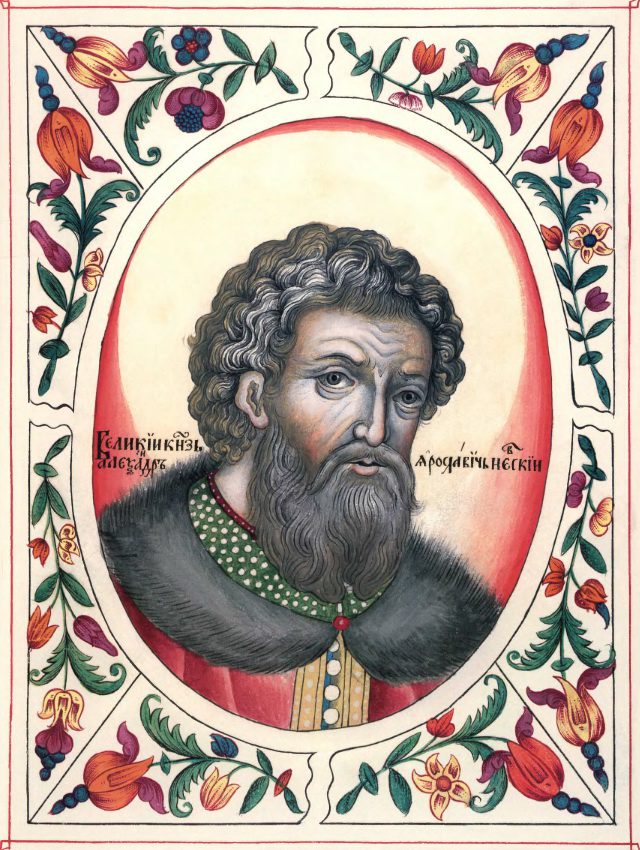
On July 28th Russian Patriarch Kirill awarded Vladimir Putin with the Church Order “St. Alexander Nevsky – First Class” in St. Petersburg, expressing his satisfaction with the complete agreement between the church and the authorities in Russia, informes Interfax.ru. On the day of the president’s name day, he declared that Putin is “the first truly Orthodox president of Russia.” The patriarch expressed his joy that the two “share the responsibility for the development of the country today”, which, according to him, is very positive,. “Today, the government and the church together strengthen traditional values and contribute to the patriotic education of the youth,” said the Russian Patriarch.
Patriarch Kirill also congratulated Putin on the Day of the Baptism of Rus, which is celebrated in Russia on July 28.
The Order of the Holy Blessed Prince Alexander Nevsky is a general ecclesiastical award of the Russian Orthodox Church, is included in the list of the highest orders of the Russian Orthodox Church and is the fifth highest order of the Russian Orthodox Church. The order’s motto is “God is not in might, but in truth.” The order has three degrees. The Order was established by decree of Patriarch Kirill and the Holy Synod on April 13, 2021, on the occasion of the 800th anniversary of the Blessed Prince Alexander Nevsky.
The Order of Alexander Nevsky is awarded to: military personnel, diplomats, statesmen, clergy, monastics and laymen who have made an outstanding contribution to the defense and prosperity of the Fatherland, to the strengthening of peace and harmony between the peoples living in it, to the development of interstate relations relations, the external relations of the Russian Orthodox Church and who also made an outstanding personal contribution to the perpetuation of the feat of the noble prince, including the construction of temples and other monuments associated with his name.
Photo: Prince Alexander Nevsky. Miniature from the Tsarskiy titulyarnik (Tsar’s Book of Titles).
Note: Prince Alexander Nevsky (1221-1263) at different times had the titles of prince of Novgorod, Kiev, and later – grand prince of Vladimir. He received the nickname Nevsky after his victory over the Swedish army in the battle of July 15, 1240. He won many military victories and also became famous as a politician and diplomat. In 1547, Alexander Nevsky was canonized as a saint.
Politics
2024 Rule of Law Report: EU better equipped to face rule of law challenges
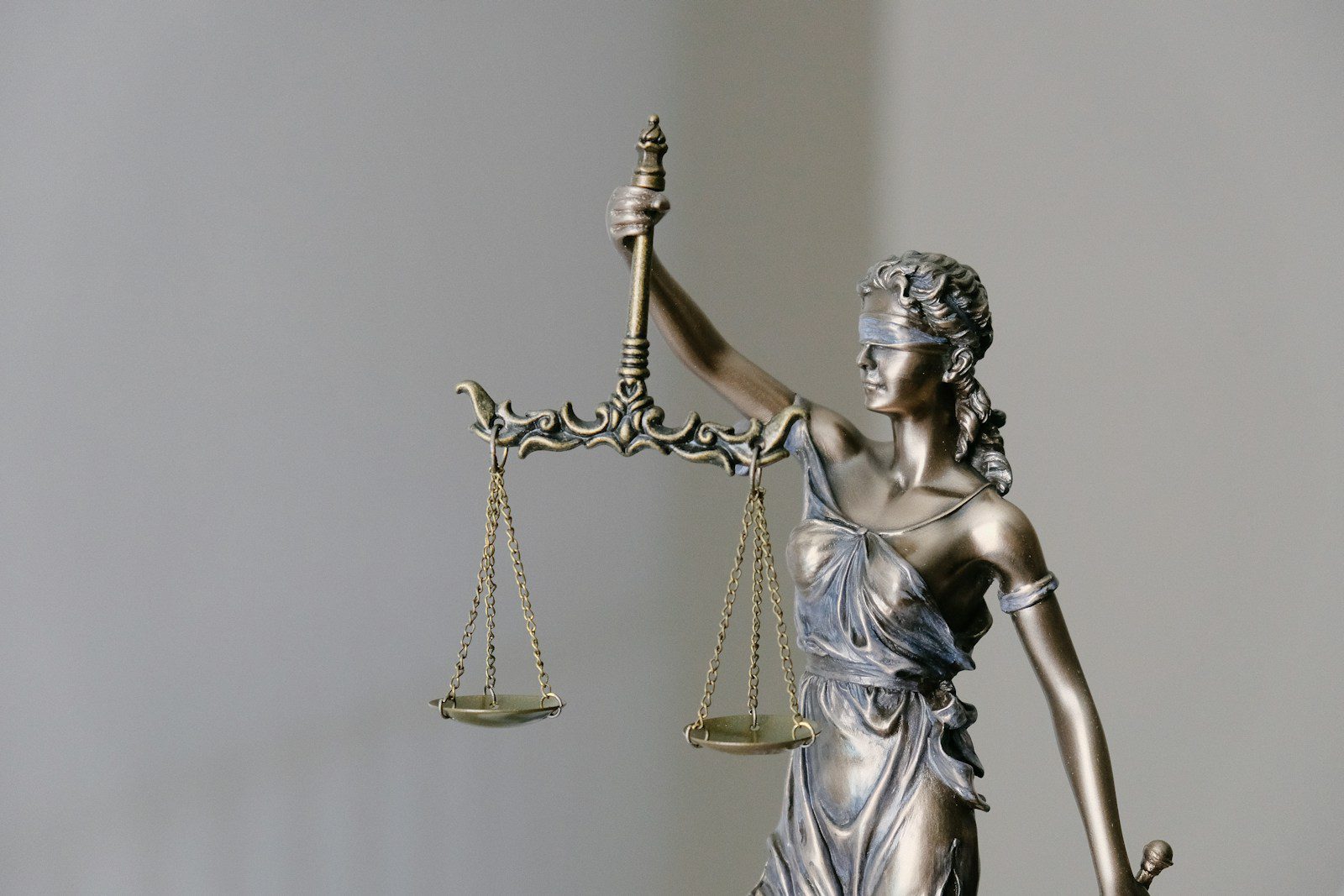
The Commission has published its fifth annual Rule of Law Report which monitors significant developments and takes stock of the rule of law situation in all EU countries. It shows that the EU is much better prepared to detect, prevent and address emerging challenges than 5 years ago. This means more resilient European democracies, mutual trust in the EU, good functioning of the single market and a business environment that fosters competitiveness and sustainable growth.
Each year, the report includes new recommendations for EU countries. 68% of the 2023 recommendations have been, fully or partially, addressed, showing that the report has become a true driver of positive reforms. However, in some EU countries systematic concerns remain and the situation has further deteriorated.
This year’s edition also introduces chapters on Albania, Montenegro, North Macedonia, and Serbia, to support their reform efforts and ensure continued work on the rule of law to further progress towards EU membership.
Key findings and recommendations of the 2024 report:
- Justice reforms: Important reforms to strengthen judicial independence have been initiated. However, systemic concerns regarding judicial independence persist and specific cases of deterioration have been observed. There is a need for safeguards in judicial appointment procedures, autonomy of the prosecution service and adequate resources.
- Anti-corruption frameworks: Corruption remains a serious concern, however, the EU countries are better at fighting it – they have increased resources on the capacity of law enforcement services, prosecution authorities and the judiciary. Further action is needed to strengthen preventive frameworks and ensure the effective investigation and prosecution of corruption cases.
- Media freedom and pluralism: Concrete steps were made to improve journalists’ safety and working environment, and the tasks and competences of several national media regulators have been expanded. Concerns about the independent governance or financial stability of public service media, transparency of media ownership, the right of access to public documents and the transparent and fair allocation of state advertising persist. Recommendations focus on these areas to ensure a free and pluralistic media landscape.
- Institutional checks and balances: Efforts to improve legislative processes have been noted. However, challenges remain, including the excessive use of accelerated procedures, the quality of law-making, and restrictions faced by civil society and human rights defenders. Recommendations aim to strengthen legislative processes and support the functioning of independent authorities.
The rule of law is an integral part of the very identity of the EU and a precondition for the respect of other values. According to the latest Special Eurobarometer survey, more than 7 in 10 EU citizens agree that the EU plays an important role in helping to uphold the rule of law in their country. Close to 9 in 10 EU citizens think it’s important that all EU countries respect the core values of the EU.
Politics
Peace that comes from heaven
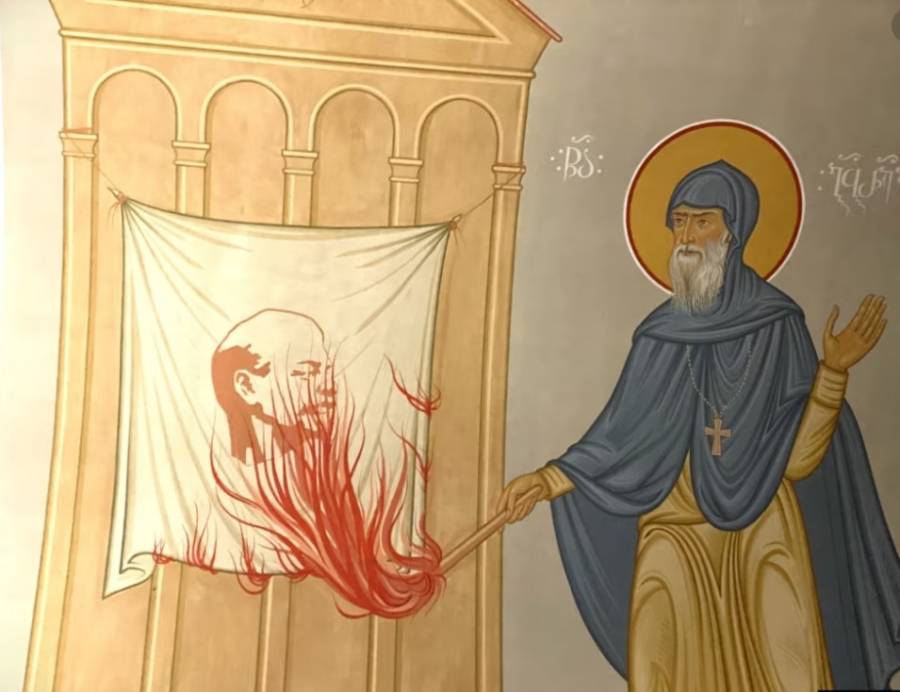
By Taras Dmytryk, Lviv, Ukraine
When we speak of the peace that comes down from heaven, we consider this peace to be the grace of God, given to us by God himself. “My peace I give to you” (John 14:27), says Christ.
However, how can we understand other words of Christ: “Do not think that I have come to bring peace. I have not brought peace, but a sword” (Matthew 10:34)?
In my personal conviction, these words refer primarily to the disciples of Christ who, under the cover of his name and teachings, instead of peace, bring a sword into the world, that is, wars, blood, murders.
In recent decades, we have observed how the regime of the Russian dictator Putin, under the cover of the ideology of the “Russian world”, actively promoted by the Patriarch of Moscow Kirill, regularly carries out military aggression against neighboring states. And it committed its largest and bloodiest aggressions precisely against two Orthodox Christian countries: in 2008 against Georgia, in 2014 against Ukraine, and even later in 2022 it began a large-scale military invasion of Russian troops into the territory of Ukraine. And for the third year, Ukrainians have been living under constant shelling, hundreds of thousands of soldiers and civilians have died, including 548 children.
How did the Russian Church start war propaganda and justifying massacres in the name of the illusory idea of the “Russian world”?
The beginning of this story lies in the distant 1943, when Joseph Stalin, having exterminated hundreds of real clergy (bishops, priests, deacons) – martyrs and confessors, created an appearance, a phantom of the Church, putting at its head clergy-collaborators obedient to the communist regime. Later, these clergymen-collaborators hid behind the ideas of the struggle for peace and participated in international meetings, where they promoted ideas beneficial to the Soviet government. It was at that time that a sad joke appeared in the Church that there would be no Third World War, but that there would be such a struggle for peace that not a stone would be left on stone. Metropolitan Nikodym Rotov, the spiritual father and head of the current Patriarch of Moscow Kirill Gundyaev, was also a member of this group of clergymen-collaborators. But if Nikodym Rotov acted under the cover of the ideas of the struggle for peace, Kirill Gundyaev today openly preaches the idea of a “holy war”, “all the soldiers who died in this war go to heaven”, etc. The Primate of the Orthodox Church of Finland, Leo, has openly said about the current state of Russian Orthodoxy:
“The family of Orthodox Churches is currently going through a crisis and is strongly divided. Our modern era has given rise to a new totalitarian myth and ideology under the guise of Orthodoxy, which in reality do not represent Christianity at all.
A few years ago, I still recognized some remnants of Orthodoxy within the Moscow Patriarchate, but they have now been replaced by a mixture of Russian messianism, Orthodox fascism and ethnophilia. The latter heresy mentioned was condemned by the Council of Constantinople 152 years ago.
Today, Russia considers itself the only force of Good in the world, whose task is to oppose the West that has sunk into Evil. This, in turn, represents the Manichean heresy, in which the world is divided into opposites: light and darkness, Good and Evil, etc.,” Metropolitan Leo stressed before the Council of the Church of Finland. (Orthodox Times)
So what should our Churches do to avoid the state in which the Moscow Patriarchate currently finds itself? Indeed, what our group EIIR-Synaxis has been doing for more than 50 years, the aim of which is to create friendly relations between representatives of different Christian Churches, in listening to each other and respecting others in their diversity.
This war could not have taken place if the Moscow Patriarchate had respected the right of others to be different. Mordvin ethnic Vladimir Gundyaev became Russian Patriarch Kirill and he feels like a Russian. This is the right of his personal choice. But why does he not respect the right of Ukrainians or Georgians to remain themselves? Today, Russia attacks Ukraine and other states of the post-Soviet space on three fronts: the Russian army, the Moscow Patriarchate and the propaganda of the ideas of the “Russian world”, born in the Russian Orthodox Church in the 1990s.
It should be noted that the Kremlin greatly overestimated the influence of the ideas of the “Russian world”, from which the inhabitants of the eastern regions of Ukraine quickly recovered, who saw that the “Russian world” is not literature, music and fine arts, but above all it is the bombings, especially also the churches and monasteries of the Moscow Patriarchate, the murders of civilians, the repression of the civilian population in the occupied territories, which they allegedly came to “liberate”. The Russian army showed its true face in Ukraine: executions of civilians, robberies and looting. In particular, during the short occupation, Russian soldiers ransacked the Roman Catholic seminary in Vorzel near Kiev, where they even stole washing machines and toilets and took them home through Belarus on their tanks. Abuse of prisoners of war, abduction of children and violations of all possible rules of war prompted the International Tribunal in The Hague to issue an arrest warrant for war criminals Vladimir Putin, Sergei Shoigu, Valery Gerasimov and others.
The war waged by Russia against Ukraine left behind a great collective trauma in Ukrainian society. This trauma will be healed for at least three generations:
– The first generation who directly survived the war and were physically injured or hurt;
– The second generation is the children of people who survived the war;
– The third generation – grandchildren, who will learn the truth from their parents and grandparents about the traumas experienced during the war.
Today, Ukrainian society is making its existential choice in favor of European values, rapidly freeing itself from pro-Russian influences. First of all, Ukraine is rapidly freeing itself from the influence of the Moscow Patriarchate, which preaches the “Russian world” instead of preaching the peace of Christ. This collective post-war trauma will contribute to the formation of its own identity, distinct from the Russian one.
Post-war Europe managed to establish a dialogue after the Second World War, aimed at promoting peace on the European continent. The Christian Churches did not remain aloof from these processes. As early as 1970, the Greek Orthodox Metropolitan Emilianos Timiadis and the Spanish Catholic priest Julián García Hernando initiated regular international interfaith meetings between representatives of various Christian Churches. And our French-speaking ecumenical group has been nourishing the idea of reconciliation and restoration of the unity of the Church for more than 50 years. It is hard work that requires a lot of effort from us, but we are here today so that no one will ever dare to call for war in the name of Christ.
N.B.: Sunday, July 7, 24, within the framework of the 39th “SYNAXE” MEETING, “Blessed are the peacemakers” (Mt. 5:9). Brâncoveanu Monastery, Romania (July 3-9, 2024), A round table took place on the trauma of the war in Ukraine. For Taras Dmytryk, the peace that comes from above is a grace given by God. But how can we put the beatitude of peace in connection with this other word of Jesus: “do not think that I have come to bring peace,” he asks? The ideology of the “Russian World” justifies these wars and Patriarch Kirill of the Russian Orthodox Church openly defends the idea of “holy war,” with Russia considering itself the force of good against the darkness of the West. (On the “Russian World”, see: https://desk-russie.eu/2024/05/12/le-monde-russe.html?amp=1).
-
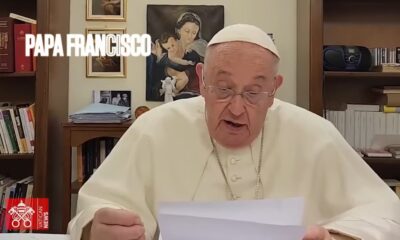
 Health & Society7 days ago
Health & Society7 days agoPope Francis calls on religions to unite to reduce demand for drugs
-

 EU & the World7 days ago
EU & the World7 days agoAshanti & Nelly Welcome First Child Together & Reveal Baby Boy’s Name
-

 EU & the World7 days ago
EU & the World7 days agoDoes Travis Kelce Appear in Swift’s ‘I Can Do It With a Broken Heart’ Music Video?
-
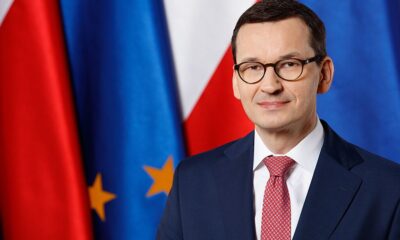
 Politics7 days ago
Politics7 days agoPoland’s Former Prime Minister Mateusz Morawiecki Eyes Leadership of European Conservatives and Reformists
-
EU & the World7 days ago
Mike Lynch Yacht Update: Fifth Body Recovered Off Coast of Sicily
-
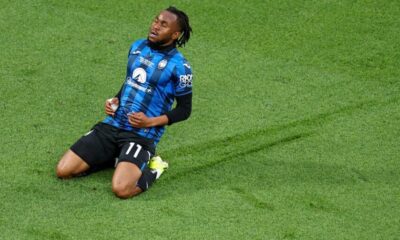
 Sports7 days ago
Sports7 days agoAtalanta: PSG-Lookman, there is news
-
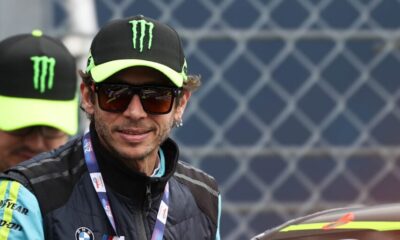
 Sports7 days ago
Sports7 days agoDucati, Pecco Bagnaia-Marc Marquez duel: “Valentino Rossi ready to step in”
-
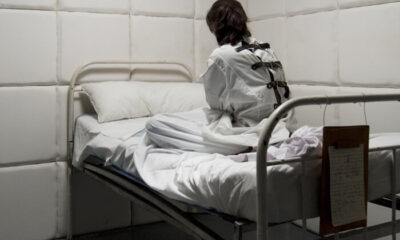
 Health & Society7 days ago
Health & Society7 days agoSexual abuse, electric shocks, chemical restraints in Mental Health Care, report finds









